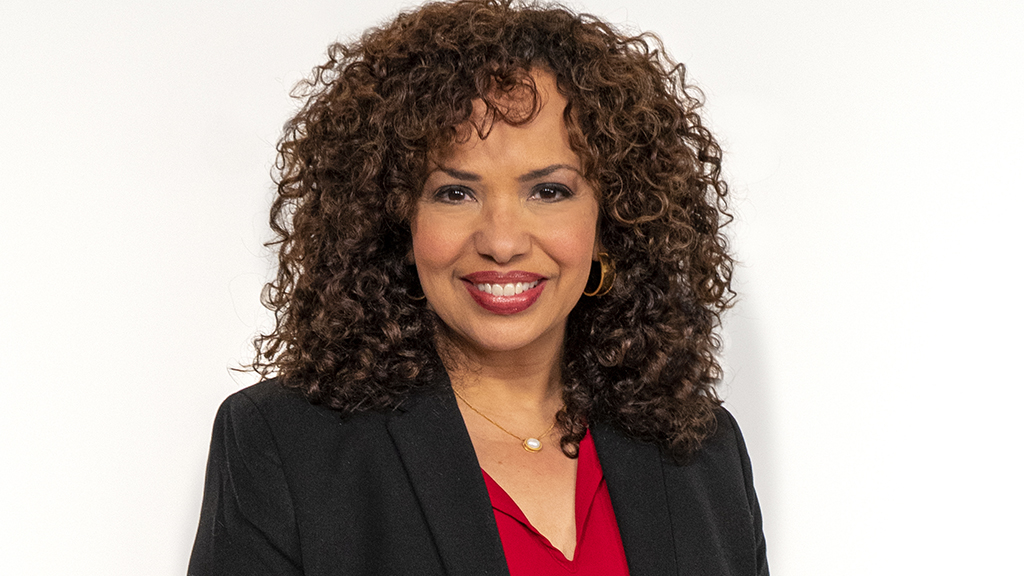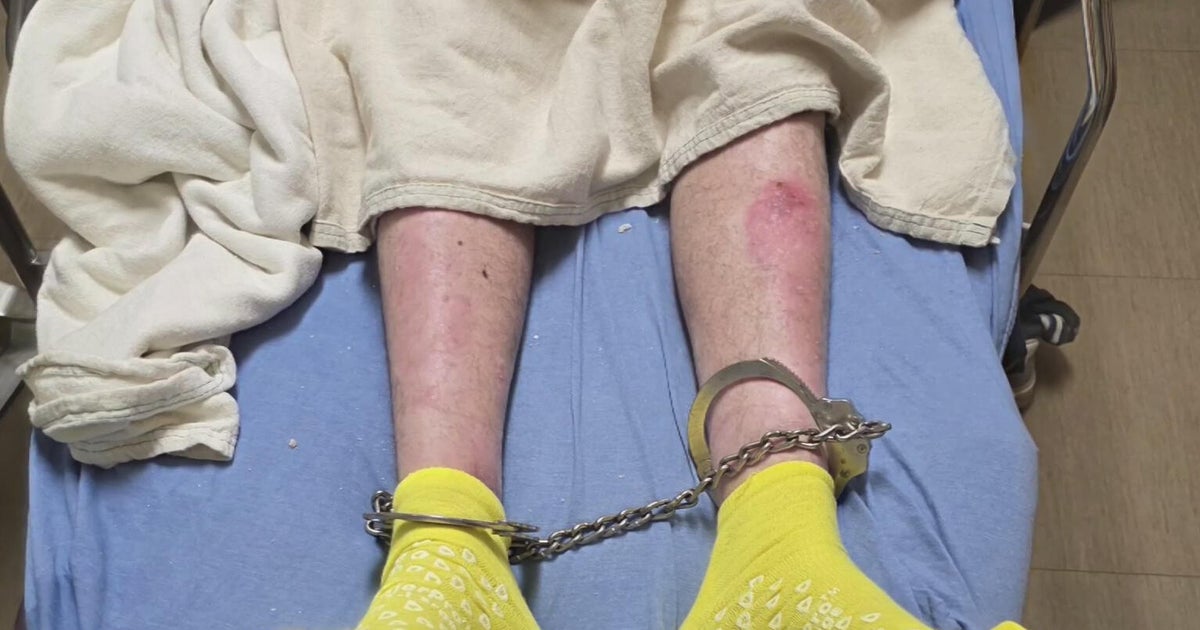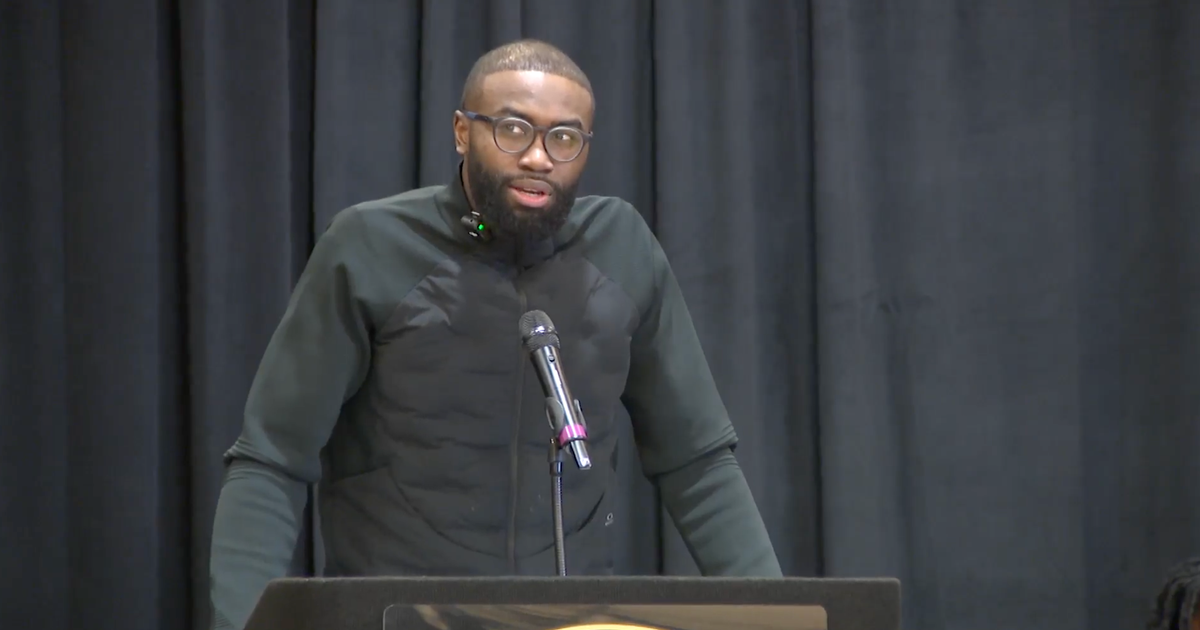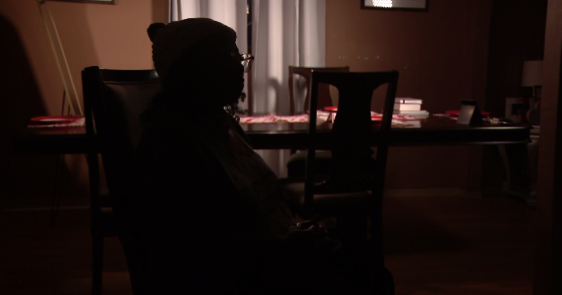Boston doctor wants more screening for rare genetic conditions in newborn babies
BOSTON - Rare Disease Day is Thursday, February 29th and a doctor in Boston hopes the attention will lead to more screening for genetic conditions in newborn babies.
According to the National Institutes of Health, there may be as many as 7,000 rare diseases affecting millions of Americans. One of them is 8-year-old Kai, who was born with a gene mutation associated with a narrowing of the aorta.
"It was instant panic of, 'Oh my God, is this going to affect his life? It's his heart. Oh my goodness. Is he going to have a normal life?" said Kai's mother, Alyssa Carter.
The mutation was only picked up because Carter took part in the BabySeq project, which allowed Kai's genome to be sequenced at birth. An echocardiogram confirmed super valvular aortic stenosis.
"I'm a big fan of science and learning. Never anticipating that we would actually find anything," said Carter.
Babies in the United States get mandated newborn screening for certain conditions but a recent survey finds most rare disease doctors favor screening with genomic technology.
"There are over 700 genetic conditions that are treatable today and that you can really only detect with genetic testing with actually looking at the DNA code itself," said Dr. Robert Green, who leads the BabySeq project at Mass General Brigham.
"Over 10% of these apparently healthy babies had unanticipated and actionable genomic findings. Think about that. Ten percent. It doesn't mean they're all gonna get the disease but it means that 10% of them were at risk for a genetic condition that you can do something about it."
Kai has been closely followed and the narrowing of his aorta has since normalized.
"Hindsight's 20/20 when something bad happens and you didn't catch it," said Carter. "It's kind of the other way around. I kind of feel like we got lucky that we did have this information. We're even more lucky that it ended up hopefully continuing to be not impactful in his life."
Green recently founded the company Nurture Genomics. Available in a handful of states, parents can order a genomic screen of the type being studied with BabySeq. Early costs out of pocket are under $1,000.








